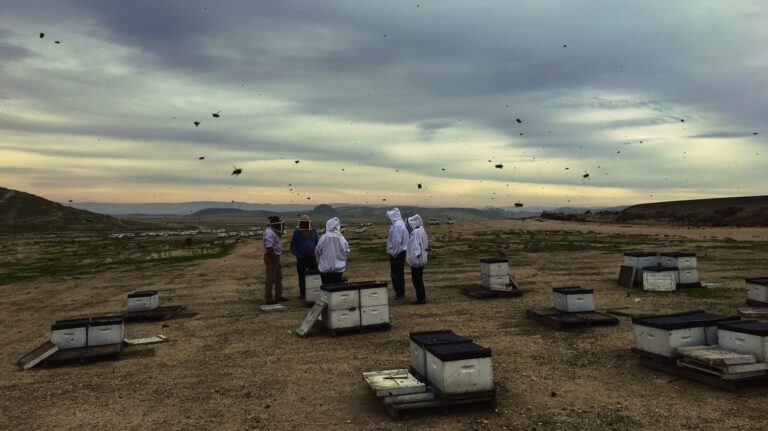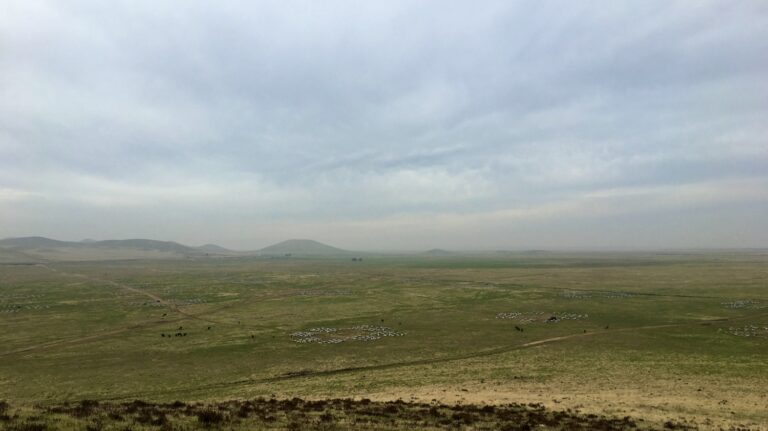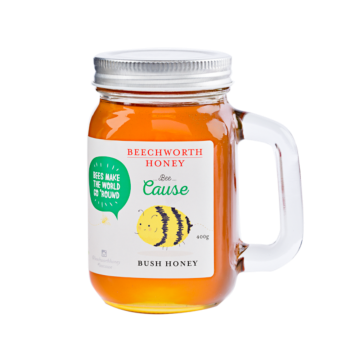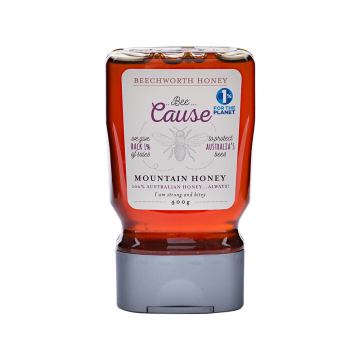Honey Fraud: Reflections from the USA
A belated happy new year to all. Christmas seems a distant memory as we rapidly approach the end of January.
I heard our university-aged daughter tell someone in the days before Christmas how much she was looking forward to Christmas Day. I asked her why and she said “Mum, our stores are open 364 days of the year, our bees work all year, and our customers and our beekeepers can call us at any time no matter where we are. Other than Christmas Day you and Dad aren’t totally uninterrupted – even when we’re on holidays.”
She is right and our three children have been raised with this as the norm. Christmas Day is special, we cherish spending it quietly at home with as little fuss as possible. I feel so fortunate that for the other 364 days of the year being totally surrounded by our busy Beechworth Honey world never really feels like a job. It is great that we have also managed to raise three young adults who are engaged with this world of ours, in fact, we now have the 5th generation of our family starting to run beehives of their own.

Visiting the winter hives. Central Valley California
Fighting Against Fake Honey
Only days into January Steven and I were on our way to the USA, invited by the American Honey Producers to speak at their conference, to share the story of Australia’s loss of commercial beekeepers and our declining number of beehives as a result of beekeeping being less viable. Australia has lost 30% of commercial beekeepers in the past decade.
The U.S. beekeepers were keen to learn how we are managing to compete with low-priced, inferior-quality honey from China that has established itself in the Australian market. Despite a ban on Chinese honey, the U.S. is also full of cheap honey from places like India and Vietnam, some of it very likely originating in a factory in China, not a beehive.
The other purpose of the visit was to continue to develop global strategies to fight honey fraud. As a member of the small team from Apimondia’s Honey Adulteration Working Group, it’s always great to meet face-to-face with other members and discuss the latest tools we can consider using to make it harder for those trying to bring fraud into the natural honey world.
Whilst in the U.S. we saw the release of the Netflix Documentary ‘Rotten‘. If you’re interested in where our food comes from and seeing just the tip of the iceberg in the world of honey fraud then it’s well worth a watch. We spent our time with one of the people who spoke out in the documentary and given that food fraud is now bigger business than drug trafficking he did spend some time sharing how nervous he was about even sharing what he did for fear of retribution. It is worth a watch.

View of 22,000 beehives. Central Valley, California
Keeping Australian Honey Real
During our visit we also visited the world’s largest beekeeper, who runs 94,000 beehives, that’s almost 1/4 of Australia’s total number of hives. The U.S. beekeepers are seeing winter hives losses of around 50% annually as a result of intensive agriculture, pesticides, and varroa mite. In Australia, this number is just 5% and we need to fight to keep it that way. To see 22,000 hives all being kept on one denuded farm, virtually tree and blossom free, ready to supply part of the pollination needs of almonds in the Central Valley in California really was one of the most unnatural sights I have ever seen. I couldn’t help but conjure contrasting images of our bees in their lush eucalypt forests. The image will be etched in my mind as a reminder of the delicate balance we must find in growing nutritious food crops, feeding a hungry global population, and the ethical dilemmas we all create as we live on this earth.
We have had conversations and discussions that are invaluable to our quest of working to leave the Australian beekeeping industry better than we found it in the interests of improved food security for the future. As we work with other like-minded, ethical people, I remain optimistic that we are taking positive steps forward to improve things for bees by finding global solutions to complex problems that intersect ethics and fraud.
As we near Melbourne in the cramped economy confinement of our 15-hour flight I will now go back to dreaming of a future where we can expose the honey fraudsters and traders who know what is happening but choose to turn a blind eye to short-term profits. I dream of this balanced with ensuring that trust and confidence in real honey produced by hardworking bees and beekeepers are protected and enhanced.
Here’s hoping 2018 sees us steps closer to this dream being realised!





